PRIMARIES CANCELLED
The Washington Times/AP reports a fear becoming reality:
Several states have moved to drop their presidential primaries next year, worried about costs in tight financial times and wondering if the political exercise would serve any purpose.
Some say they can’t afford the millions of dollars it costs to hold an election. Others say the decisions reflect the lopsided nature of modern primaries: The front-runner gets anointed by the press and campaign donors after the first few state primaries and the rest of the primaries are formalities.
The decisions add fuel to the argument that the primary system is in dire need of repair. In most states forgoing a primary, party-run caucuses will be used instead to choose delegates to the national conventions.
“Fewer voters will participate because [caucuses] are more complex,” said Curtis Gans, director of the Committee for the Study of the American Electorate. State politicians are freezing out average voters, he said, because caucuses bring “lower turnout, and more advantage to whoever’s organized.”
Primaries usually don’t get turnout much higher than 20 percent of registered voters, but that is far more than for caucuses. In Missouri, the 2000 primary brought 745,000 people to the polls, while the 1996 caucus brought 20,000, the state Democratic Party said.
So far, Kansas, Colorado and Utah – all with Republican-controlled legislatures – have canceled their state-run 2004 primaries. Republican legislatures tried unsuccessfully to drop primaries in Arizona and Missouri, but Democratic governors either vetoed the primary bill or restored the funding.
Some Democrats complain that cutting primaries hurts their party, with a crowded field of presidential candidates. President Bush has no Republican challenger.
Other Democrats are pushing to get rid of primaries. Maine dropped its presidential primary for next year, and New Mexico effectively did the same, enacting a law allowing parties to hold caucuses. Gov. Bill Richardson, a Democrat, set a Feb. 3 caucus. June primaries will go on for other elections.
Washington Gov. Gary Locke, head of the Democratic Governors Association, is calling a special session to discuss scrapping his state’s primary next year.
Either we’ll figure a way to fix the primaries so that they are meaningful in all states (see some suggestions here) or they will become in practice what they are now in theory, “party” elections financed by the political parties themselves rather than the states.

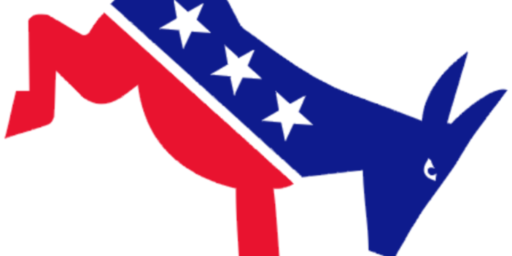
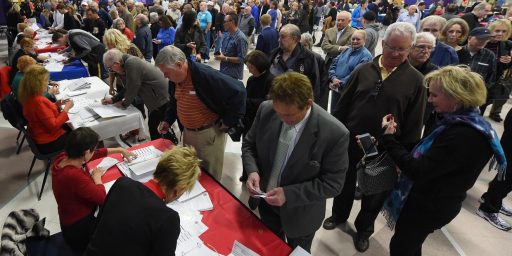
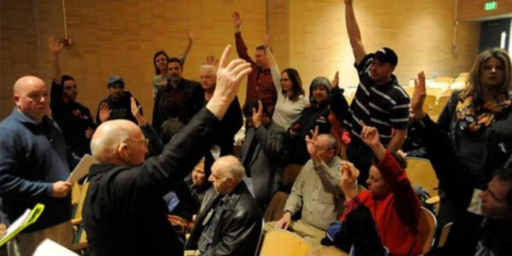
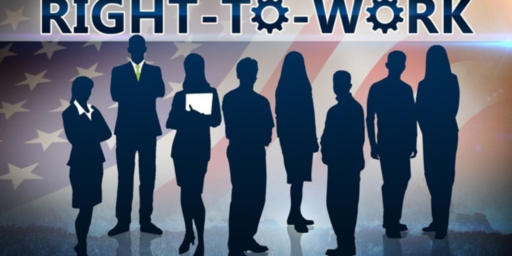
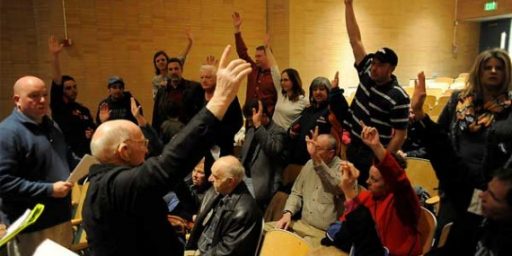
You’re right James. If there was ever a place where run-off elections make sense it’s in the primary process.
I think the problem with the primary process is that it isn’t
1930 anymore. We’ve got Dem debates ad nausea every week. There’s no reason to start off in Iowa and New Hampshire other than tradition. By the time March rolls around we’ll know more than we want to.